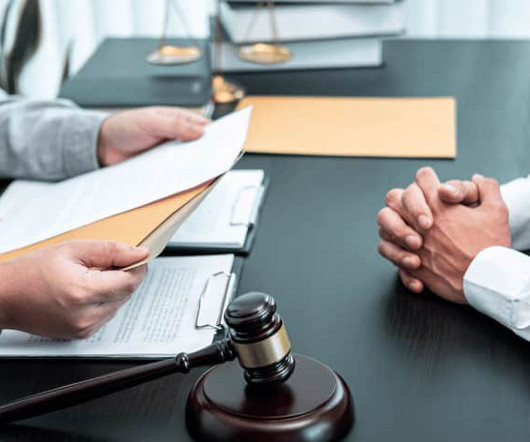Discovery From Former Attorney About Disputed Quid Pro Quo Offer to Opponent
E-Discovery LLC
OCTOBER 17, 2024
11, 2024), involved a request for discovery from a former Town attorney concerning an offer that he allegedly made to plaintiffs. The court: set out the governing standard for discovery from an attorney and, denied a request to depose the attorney; but, authorized a limited interrogatory to him. Albra , 2024 WL 4471672 (S.D.N.Y.












Let's personalize your content